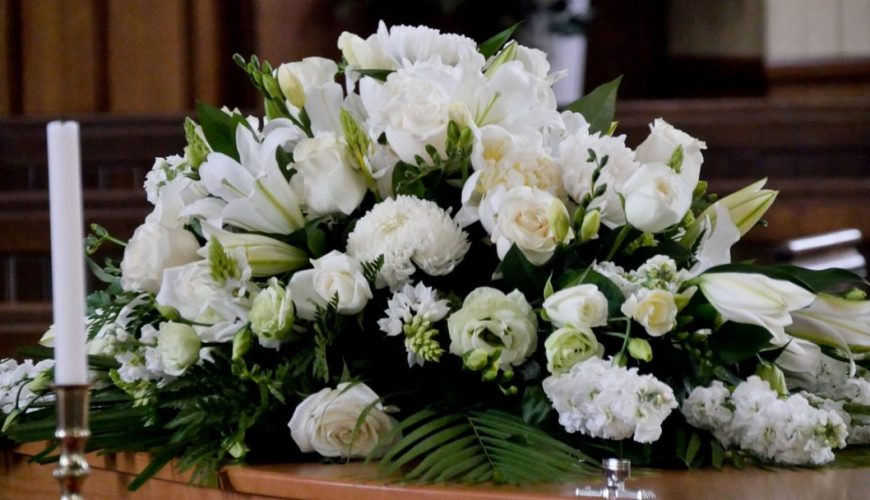The reporting of the estate to the Master of the High Court
When a person dies, the deceased person’s estate must be reported to the Master of the High Court in the area where the deceased person resided. Depending on the size of the estate, the deceased person’s relatives have to either lodge documents for a letter of executorship or a letter of authority.
If the size of the deceased estate (assets) is less than R250 000, the deceased relatives have to apply for a letter of authority rather than an application for a letter of executorship. The obtaining of the letter of executorship can take up to three weeks.
Where the total value of the estate is more than R 250 000, an executor should be appointed and an agent. An executor appointed in terms of the will has to administer the assets and liabilities of the deceased. When the deceased had no will, the executor is appointed by the Master of the High Court.
The duty of the executor and the agent
It is advisable to appoint someone within the family to be the executor as they are in a better position to give effect of the deceased wishes in managing the deceased assets.
The executor has to bring together all the assets and liabilities of the deceased, has to constantly communicate with the family, obtain the letters of executorship from the Master of the High Court, accumulate all the assets and liabilities into a Liquidation and Distribution Account with the assistance of the agent. Agents are normally attorneys with a valid Fidelity Fund Certificate and financial advisers.
The agent will assist with putting together all the necessary documents, liaise regularly with the family particularly the executor because the executor is the one who will make most of the decision. The agent has to advise the executor.
The agent will deal with some of the technical processes and legal elements such as the estate duty, depending on the estate duty thresholds. The agent will also advise on how to sell the properties correctly, advice on the anticipated delays, legal advice amongst others.
The liquidation and distributing of the late estate assets to the heirs
Upon the estate coming together into final liquidation and distribution account which the Master of the High Court has to approve. The Master will give consent to it so that that estate can be finalized. The Master will only endorse the liquidation and distribution account if a notice in terms of Section 29 of the Administration of Estates Act 66 of 1965 calling “all person having claims against his estate to lodge such claims with the executor” has been publicized in a local newspaper and in the government gazette.
The liquidation and distribution account has to lie for inspection for 21 days at the local magistrate where the deceased person resided. Any person having an interest in the deceased estate and not included in the liquidation and distribution account can lodge an objection with the Master of the High Court having jurisdiction.
In case a family dispute regarding the deceased estate, the agent can deal with the family by proposing mediation to attempt to deal with the family dispute.
The administration of estate can take a relatively small time depending on the complexities and the size of the estate.
Mokhabela and Mposula Attorneys will assist you if you need assistance with the winding-up of a late estate, contact Lungani Mposula on 072 761 1278 or email lunganim@mmplaw.co.za

